Source: Big Model Home

Image Source: Generated by Wujie AI
With the new AI boom triggered by big models, AI assistants, as an important application of AI technology, can understand users' language, execute users' commands, and even predict users' needs.
With the development of AI technology, the development of AI assistants has gone through several stages, from the initial rule-based systems to machine learning-based systems, and then to deep learning-based systems. In the era of big models, AI assistants can now more clearly understand needs, from single functions to diverse services, from passive responses to proactive recommendations, presenting a more intelligent, natural, and humanized development trend.
With the explosive growth of the "AI + business" demand, companies are rapidly adjusting their strategies, hoping to integrate AI technology more deeply into their business processes. To achieve this goal, AI assistants not only need to have strong technical capabilities, but also need to be closely integrated with actual business scenarios in order to better serve users and drive business development.
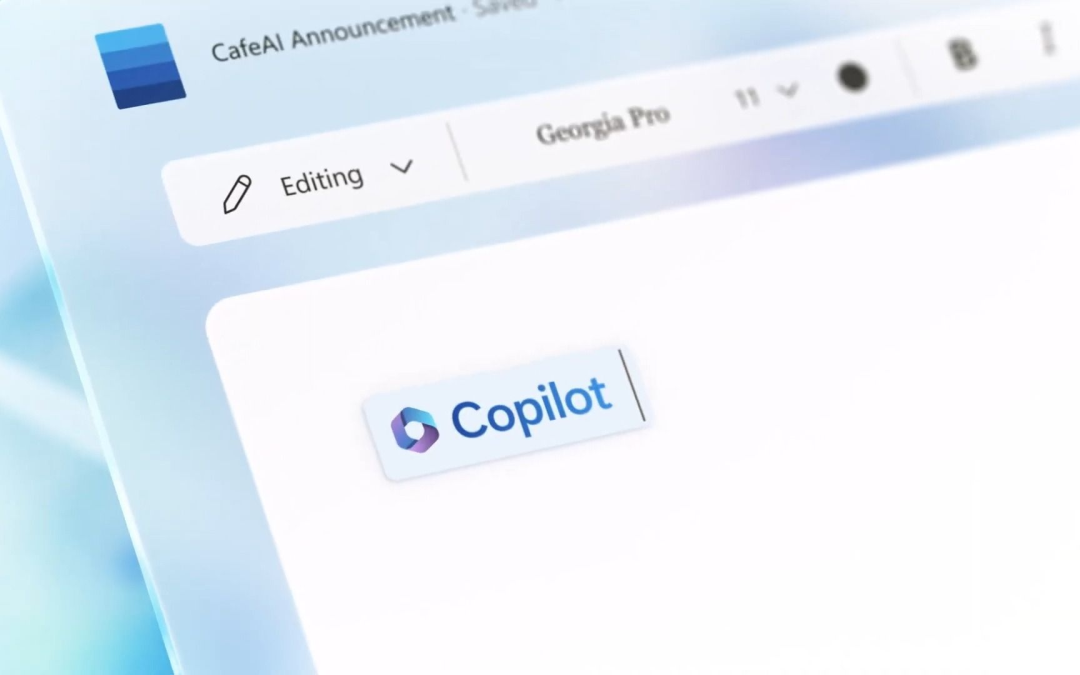
Image Source: Microsoft
In this context, the "Copilot" mode has emerged, with AI assistants serving as the "co-pilot" of the business, directly empowering the business and becoming a booster for business efficiency. This mode not only requires AI assistants to have a high level of intelligence, but also emphasizes their close integration with specific business scenarios. Through deep integration with the business, AI assistants can more accurately understand business needs and provide more targeted solutions for enterprises, thereby driving the development of the entire business.
The English meaning of "Copilot" is "co-pilot," which not only clearly indicates that AI big model technology is more of an "assistant" rather than a "principal," but also symbolizes that AI assistants are redefining the way of human-machine interaction, injecting more wisdom and convenience into life and work. With the continuous advancement of technology and the expansion of application scenarios, AI assistants will continue to play a more important role in the future.
Copilot Becomes a New Track for AI Companies
It is well known that big models, with advantages such as lower costs and more comprehensive knowledge graphs, are leading a new wave of artificial intelligence boom, injecting new life into AI assistants. These models have billions of parameters and can process massive language data, enabling AI assistants to more deeply understand users' needs. Compared to traditional rule-driven assistants, big model AI assistants are more flexible and intelligent.
Among the many Copilot modes, the most well-known in the industry is undoubtedly Microsoft's "Copilot." On May 24, 2023, Microsoft announced at its annual Build developer conference that it would introduce an AI assistant called Copilot in Windows 11, replacing Cortana, and bringing new features, including interacting with Copilot using natural language, being able to answer almost any question, and even changing system settings. In addition, Microsoft's Copilot also has intelligent recommendation capabilities, able to recommend relevant content based on users' history and preferences, making the interaction between people and technology more natural and efficient.
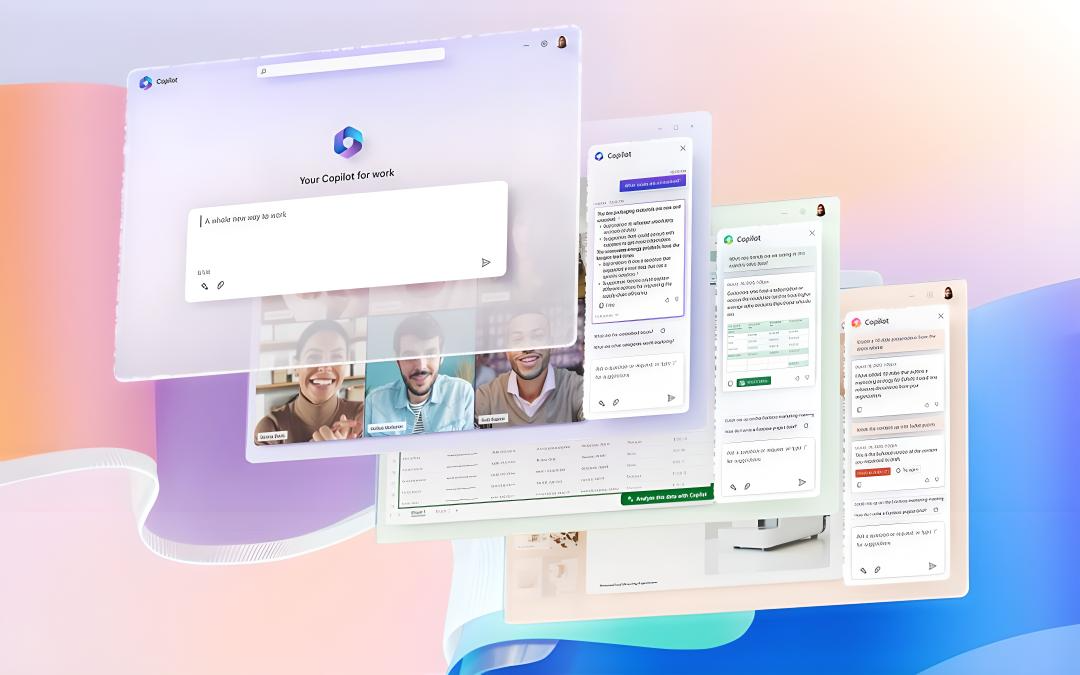
Image Source: Microsoft
In November, Microsoft announced that Bing Chat and its enterprise version, Bing Chat for Enterprise, were renamed Copilot. Microsoft explained that the renaming was to unify the Copilot experience, serve consumers and business customers, and users who log in to Bing with company accounts can enjoy commercial data protection in Copilot.
In addition to Microsoft, Amazon Web Services launched Amazon Q, positioning it as a comprehensive assistant for developers, business personnel, and business intelligence personnel. Different from traditional consumer-oriented AI assistant products, Amazon Q is more inclined to be B2B-oriented and has the attributes of creating an "enterprise version Copilot," providing customized and personalized capabilities combined with the roles and permissions of enterprises to improve business intelligence and efficiency.
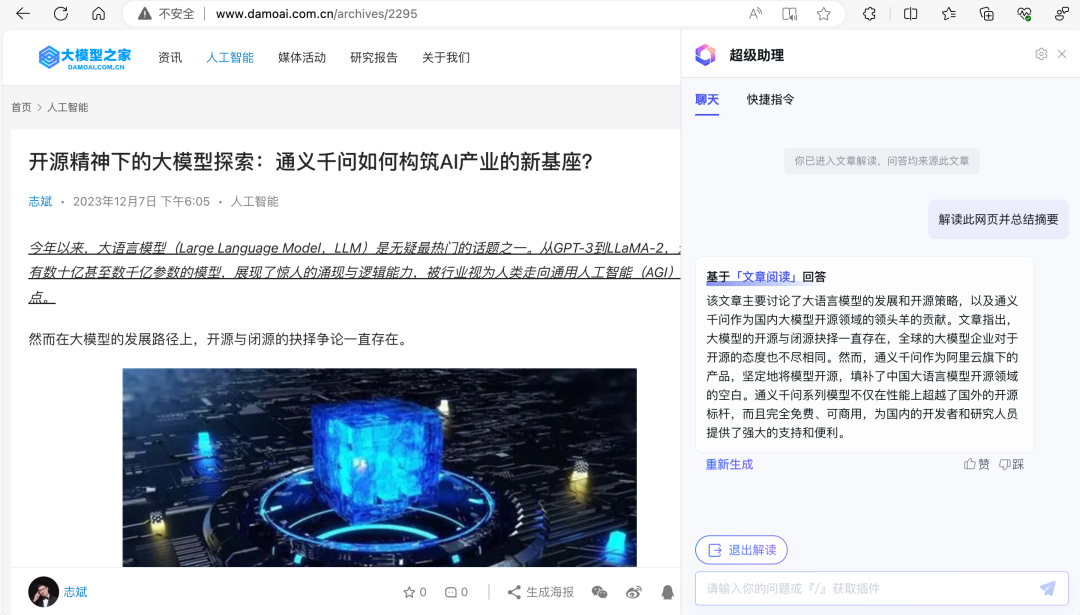
Image Source: Big Model Home
Not only overseas technology companies, but domestic technology companies have also begun to explore the touchpoints of integrating big models with business. Earlier this month, Baidu Intelligent Cloud released a new accompanying Copilot - "Super Assistant," which, in the form of a browser plugin, becomes the intelligent brain of the browser, providing intelligent office experiences in scenarios such as copywriting, document processing, conversational search, and full-text translation.
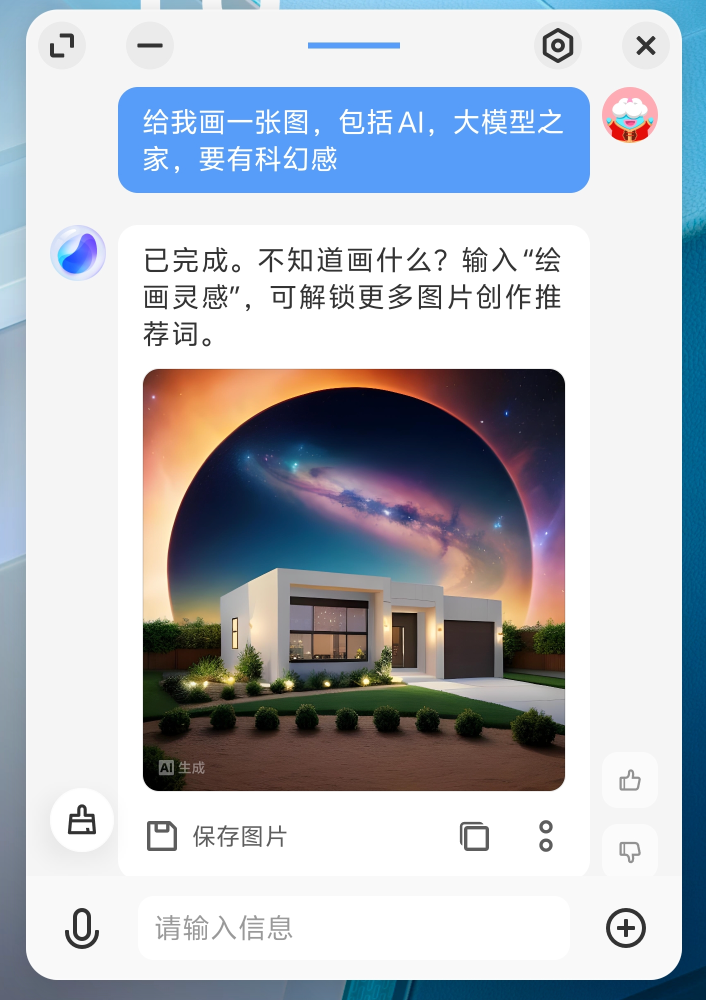
Image Source: Big Model Home
In the mobile phone industry, for example, vivo's BlueLM, released in November, integrates "Blue Heart Little V" in the form of a sidebar or floating window, making it convenient for users to access services anytime and anywhere. With the empowerment of big models, future mobile phones will not only be communication tools, but will also become the "intelligent body" most closely related to human daily life, greatly improving user experience and bringing unlimited possibilities.
Closer to Business
With the assistance of Copilot, AI is transforming from a simple technical tool into a true business partner, providing people with more efficient ways of working and helping enterprises achieve more intelligent operations. This deeply integrated Copilot mode is becoming one of the key directions for enterprise development and a new benchmark for artificial intelligence products.
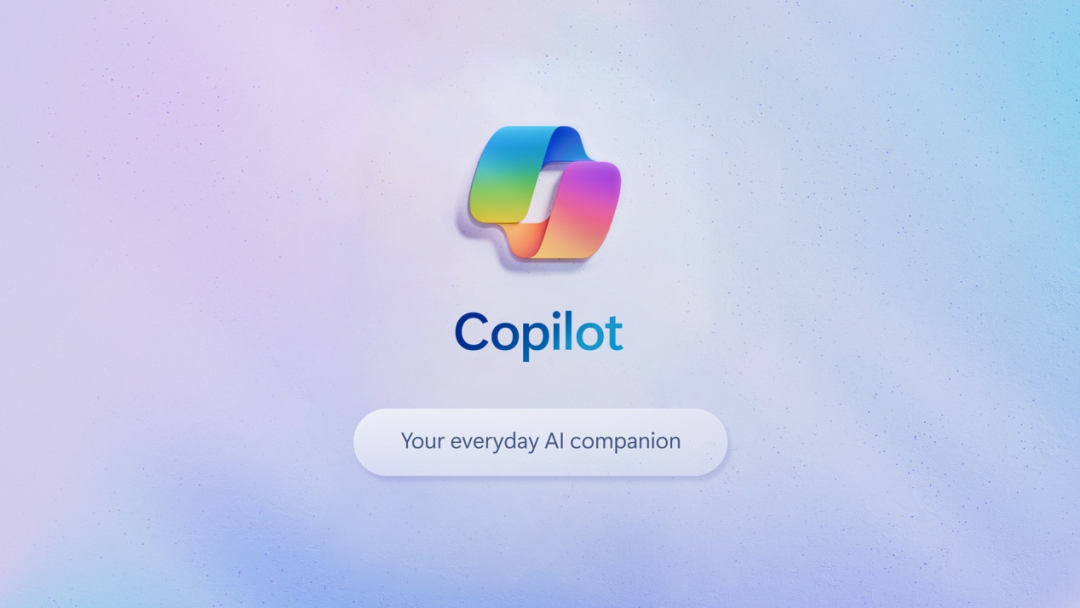
Image Source: Microsoft
The core advantage of why Copilot is increasingly recognized by users lies in being closer to business.
In traditional AI interactions, users often need to switch between different interfaces, spending a lot of time to call and execute specific tasks. Some traditional AI functions also require calling API interfaces, requiring users to have a certain level of technical knowledge and experience.
Users can call Copilot anytime and anywhere through client, browser plugins, or even system integration, without the need for cumbersome switching and operations. This direct calling method greatly improves user operational efficiency, making AI assistants truly effective helpers in users' work and life. Compared to traditional window-based interaction methods, Copilot avoids the problem of repetitive jumping, focusing more targetedly on the user's current tasks, making interactions more smooth and efficient.
At the same time, users no longer need to spend a lot of time learning complex commands and interaction processes, but can directly communicate with AI assistants using natural language. This natural and intuitive interaction method greatly reduces the user's usage threshold, allowing more people to easily enjoy the convenience of AI assistants.
In addition, AI assistants in Copilot mode can continuously learn and optimize based on user feedback and behavior, providing more intelligent and humanized services. For example, Microsoft's Copilot can adjust code generation and suggestions based on user feedback and modifications to adapt to the user's programming style and preferences.
The Entrepreneurial Heat of Big Model AI
As the exploration of big models gradually enters the "deep water," for the underlying basic big models, the rapid increase in parameter scale, training power and time, and cost will become a competition among tech giants, leaving fewer opportunities for entrepreneurial companies.
However, the development of big model technology, while closing a door for entrepreneurs, will inevitably open a new one.
The continuous enhancement of the overall capabilities of big models also allows entrepreneurs to fine-tune, enhance knowledge, align capabilities, and create industrial-level applications based on existing big models. With the trend of industrial intelligence, the breadth of AI penetrating industries is increasing, and the ecological scene of symbiosis between big models and industries will become more prosperous.
For this reason, through big model technology, reconstructing various industries and endowing industries with more "AI-Native" capabilities has become a consensus in the tech industry, opening up new opportunities for entrepreneurs.
Baidu's founder, chairman, and CEO Robin Li has repeatedly pointed out, "In the AI-native era, we need millions of AI-native applications, but we don't need 100 big models." And in a dialogue at the 2024 Geek Park Innovation Conference, he bluntly stated, "We need to roll out AI-native applications, that's where the value lies. Why don't people focus on making AI-native applications seriously, and instead care about the progress of big models? This progress is not an opportunity for most people."
Kai-Fu Lee, Chairman of Sinovation Ventures and CEO of Sinovation Ventures, said in a speech: Developers with real dreams and ambitions should develop AI-first applications, which are likely to become the greatest and most profitable applications.
The big model itself is a foundational base, similar to an operating system. Ultimately, developers will rely on a small number of big models to develop a variety of native applications, building a thriving AI ecosystem and driving a new round of economic growth.
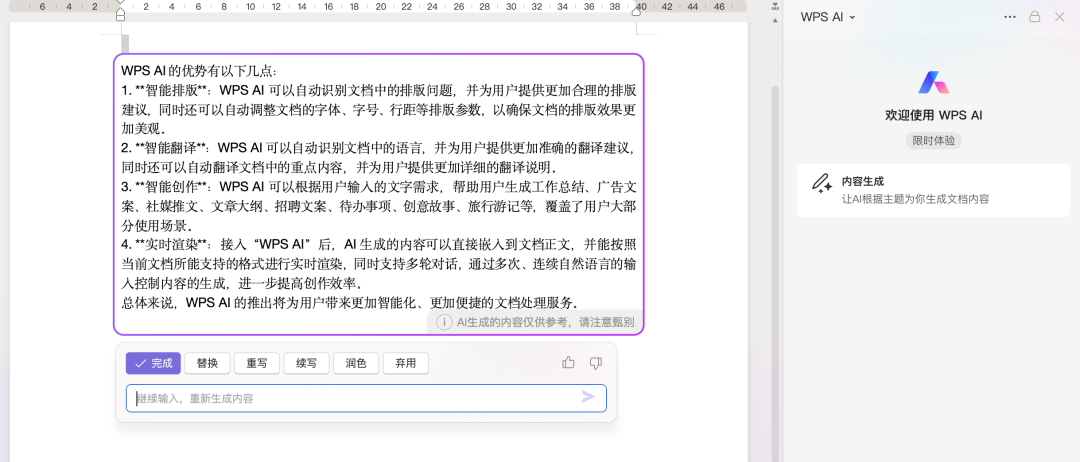
Image Source: Big Model Home
For example, Kingsoft Office's WPS AI, while widely collaborating with big model enterprises at the underlying big model level, launched the intelligent office assistant WPS AI based on large language models earlier this year, integrating AIGC, Copilot, and Insight to provide a three-dimensional product experience based on its accumulated know-how in the intelligent office scene.
It is undeniable that AI assistants in Copilot mode also face some challenges and issues, such as data security and privacy, technical reliability and stability, and the naturalness and user-friendliness of human-machine interaction. While enjoying the convenience and benefits brought by AI assistants, we also need to remain vigilant and rational, comply with relevant laws and regulations, and protect our rights and interests.
Nevertheless, in the view of Big Model Home, optimism is maintained under the progress of AI technology. In the future, as the capabilities and security of AI gradually strengthen and are increasingly recognized by more industries, the integration of AI and business will deepen, and this form of Copilot will be more widely adopted at the underlying level of industries, becoming a part of the future AI operating system, ushering in a new spring for AI entrepreneurship.
免责声明:本文章仅代表作者个人观点,不代表本平台的立场和观点。本文章仅供信息分享,不构成对任何人的任何投资建议。用户与作者之间的任何争议,与本平台无关。如网页中刊载的文章或图片涉及侵权,请提供相关的权利证明和身份证明发送邮件到support@aicoin.com,本平台相关工作人员将会进行核查。




